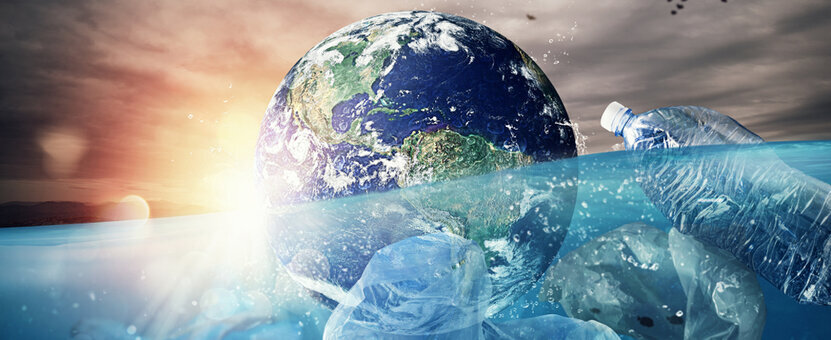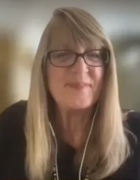
2024
What’s new
The Plastics Treaty: An opportunity to multisolve
Evidence of human health harms of plastics across the life cycle has been strong for decades. Now, as the next meeting of the global plastics treaty gets underway, new studies documenting these harms (and their costs) have been coming fast and furious. It's now crystal clear that plastics are not only a pollution problem, but also an urgent threat to public health and environmental justice.
Government representatives, scientists, advocates, and petrochemical industry lobbyists gather in Ottawa this week for the fourth negotiating session of the treaty process (INC4). These negotiations will build on the “zero draft” of a global agreement that was produced at the previous negotiating session.
Watching from afar brings back memories of my long-ago participation in negotiations around the Montreal Protocol and Stockholm Convention. These international processes can be a messy blend of political maneuvering, scientific evidence, advocacy, and savvy lobbying. And when it comes to plastics, the stakes are very high.
Plastic chemicals threaten public health
At the beginning of the fast-tracked plastics treaty process, the public health impacts of plastics were in danger of being left out of the discussion altogether.
Many organizations and coalitions have worked hard to ensure this is no longer the case. A recent report from the PlastChem Project, supported by the government of Norway, compiled the latest science on the health impacts of the more than 16,000 plastic chemicals, and put forward clear recommendations for negotiators. We spoke with one of the report authors, Dr. Laura Monclús, in a recent event co-hosted with our CHE Alaska partners — you’ll find the recording of our conversation here.
In that same conversation, we heard from Dr. Tracey Woodruff about how petrochemicals — including plastics — are disrupting our endocrine systems and leading to increases in a wide range of human health problems, from cancer to diabetes to reproductive harms.
Our colleagues at Project TENDR recently released a briefing paper for INC4 delegates documenting how plastics — and the many chemicals in them — are harming children’s developing brains.
So. The public health impacts of plastics are now solidly on the agenda in Ottawa.
Plastics drive climate change, too
And then there’s the contribution of plastics to climate change.
By 2050, global production of plastics is projected to nearly triple to a staggering 1,100 metric tons. If this trend line holds true, plastics will outpace coal as a contributor to climate change within the next five years.
A recent report from Lawrence Berkeley National Labs details the scope of these expected carbon emissions from plastic production, and documents just how dramatically this will undermine efforts to curb climate change.
And the Geneva Environmental Network hosted a recent panel discussion of a report by GRID-Arendal on the climate impacts of plastics and “global actions to stem climate change and end plastic pollution.”
We know plastics are an increasingly important driver of climate change.
A multisolving opportunity
Multisolving is the concept of prioritizing solutions that effectively address multiple problems while centering justice.
In January we hosted a CHE Café conversation with Dr. Elizabeth Sawin, the founder of the Multisolving Institute, and Beverley Thorpe, co-founder of Clean Production Action. We explored what multisolving might look like at the intersection of climate, chemicals, and health; addressing the global plastics problem emerged as a ripe and urgent opportunity.
A strong global treaty is one way to address both the health harms and climate contributions of plastics. But it will take multisolving at all levels to tackle this problem. As Bev notes in the ScienceSnippet below:
“Imagine if we better joined the expertise of green chemists, renewable product designers, and fenceline communities fighting the expansion of the petrochemical sector with investors and communities pushing a low-carbon and renewable energy future. So many synergies exist — but we need to be better at multitasking and multisolving.”
Here’s hoping negotiators gathering in Ottawa this week find the courage to resist pressure from the petrochemical industry, and take advantage of the multisolving opportunity before them to protect communities, the planet, and our future.
"CHE Science Snippet" Webinar Preview


 By Kristin Schafer, MA
By Kristin Schafer, MA